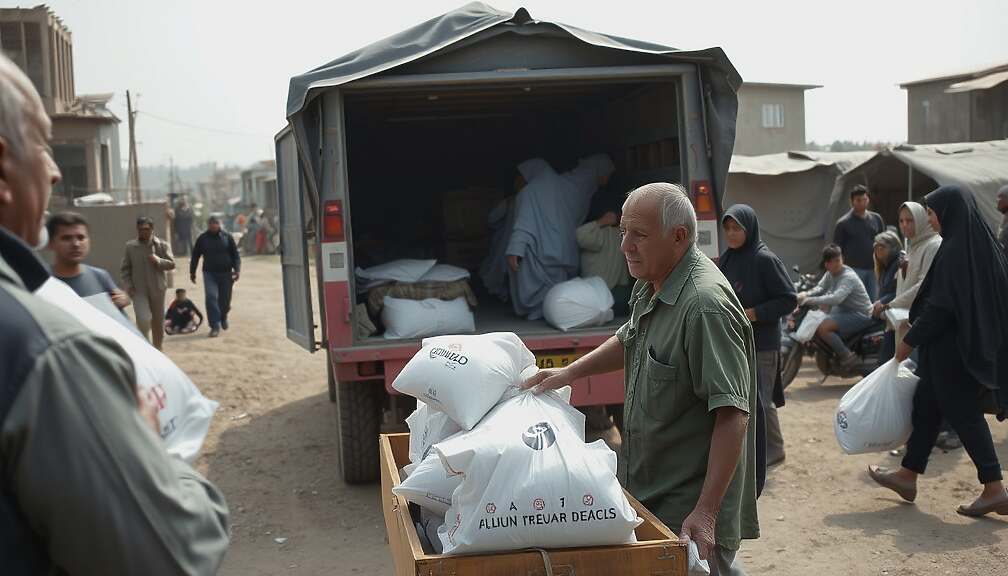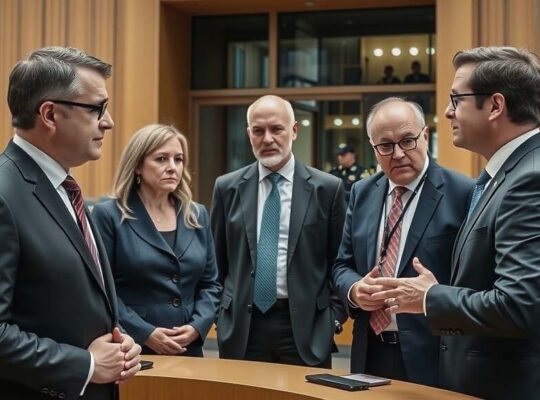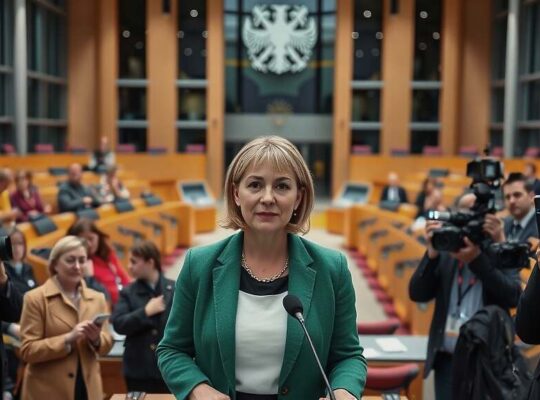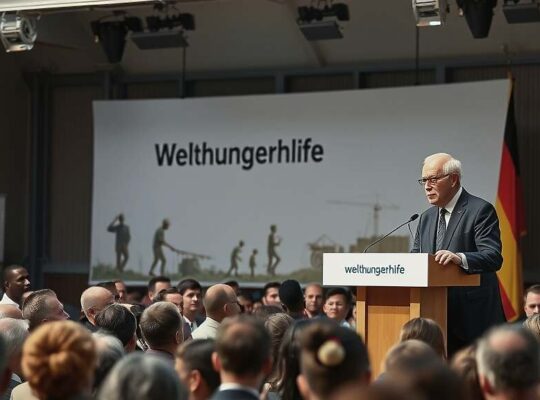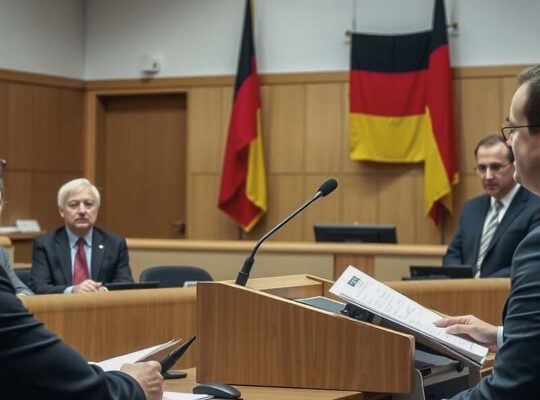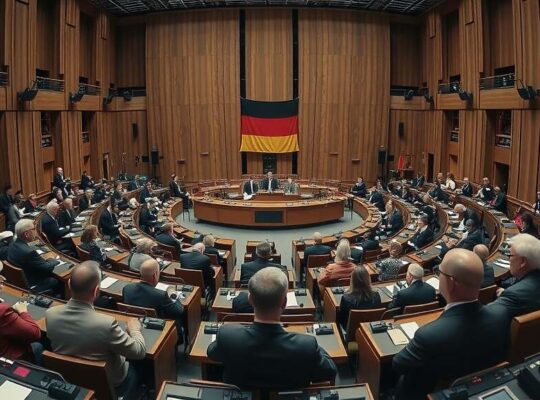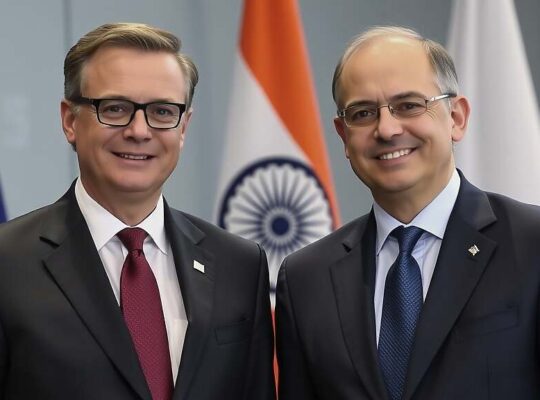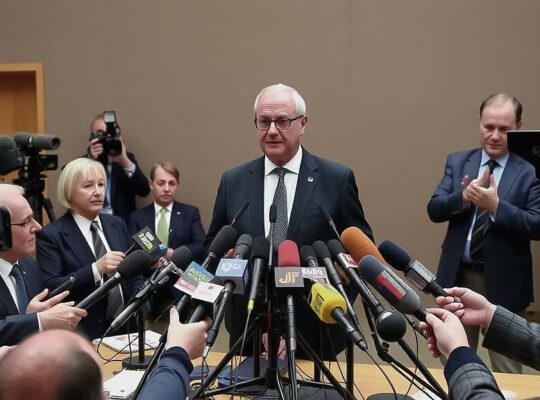Humanitarian organizations are issuing urgent calls for improved access to Gaza, highlighting a rapidly deteriorating situation and questioning the efficacy of current Israeli oversight procedures. The warnings, delivered to the “Rheinische Post”, underscore a systemic breakdown in the Gazan healthcare system and a growing risk of unrest fueled by critical shortages.
Susanne Wesemann, head of Johanniter-Auslandshilfe, stated bluntly that the healthcare infrastructure has “collapsed” and emphasized the immediate need for the Israeli government to grant unrestricted passage for established humanitarian organizations and their vital supplies. Her statement reflects a frustration shared by several NGOs currently operating within the territory.
Christian Reuter, Generalsecretary of the German Red Cross, voiced concern that dwindling supplies are creating conditions ripe for desperate measures. “If sufficient aid doesn’t reach Gaza, the danger grows that trucks will be stormed in desperation” he explained, referencing an escalating pressure on local populations. Lara Dovifat, head of the political department at Doctors Without Borders, added that ongoing shortages are placing immense strain on their teams and the people they serve.
A significant point of contention lies in the protracted and unpredictable nature of the approval process for personnel crossing the border. Cadus, another aid organization, reported being severely limited in the number of staff they can deploy and expressed deep frustration with the opaque decision-making process. According to their assessment, approval is only granted on-site and rejection comes without explanation. This lack of transparency creates logistical nightmares and severely hampers their ability to respond effectively to critical needs.
Despite the current obstacles, organizations remain committed to continuing operations within Gaza. Sebastian Jünemann, Co-Director of Cadus, stressed that rebuilding essential infrastructure-schools, housing and hospitals-is a long-term endeavor, even in periods of relative stability. He insisted that the people of Gaza will continue to require ongoing assistance from Germany and international partners for the foreseeable future. The calls for improved aid access therefore represent not just a plea for immediate relief, but a recognition of the long-term humanitarian commitment required for Gaza’s recovery and a pointed critique of the processes currently impeding that effort.


